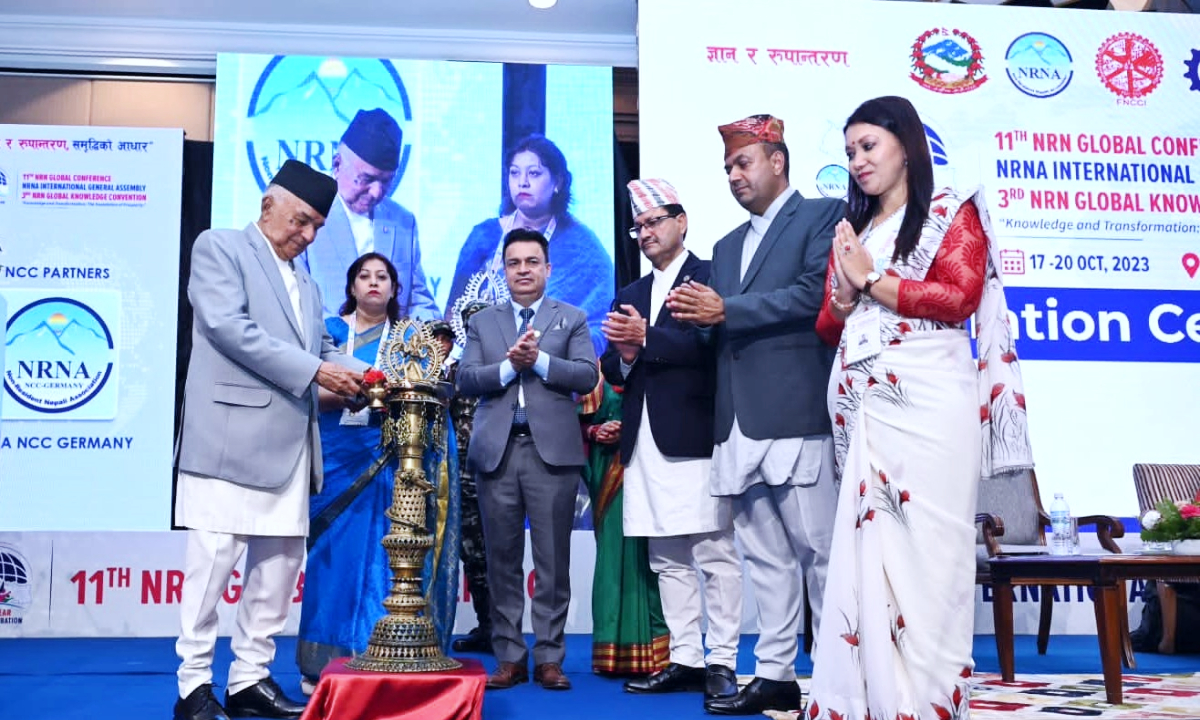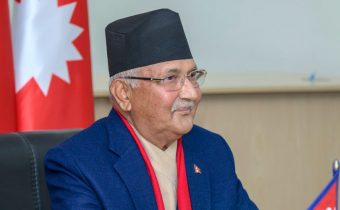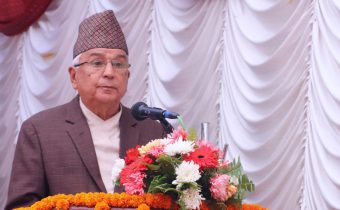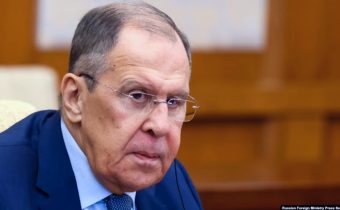KATHMANDU: The 11th Global Conference of the Non-Resident Nepali Association (NRNA), including the NRNA General Assembly and the Third NRN Global Knowledge Conference, officially kicked off in Kathmandu on Tuesday.
Inaugurating the conference under the theme ‘Knowledge and Transformation: The Foundation of Prosperity’, President Ramchandra Paudel highlighted the vital role NRNA plays in uniting Nepalis scattered around the world. The Head of State emphasized that, regardless of their global location, all NRNs remain Nepali at heart.
President Paudel acknowledged that Nepal had been slow to achieve economic prosperity in the aftermath of political changes, with the protracted transition period overshadowing the pursuit of economic development. He noted that despite administrative restructuring, the governance style had yet to evolve substantially.
Highlighting significant investment opportunities in Nepal, particularly in the tourism, infrastructure, and information and communication sectors, President Paudel urged attendees to harness the immense investment potential within Nepal, especially given its proximity to large markets in the region.
Foreign Affairs Minister Narayan Prakash Saud encouraged NRNs to collaborate in realizing Nepal’s economic prosperity goals, assuring them of government support in the form of incentives for investment. He emphasized the provision of economic, social, and cultural citizenship to NRNs and expressed the government’s desire to partner with NRNA to promote Nepali goods and services in the global market, emphasizing knowledge transfer, youth engagement, and women’s empowerment.
Chandra Prasad Dhakal, President of the Federation of Nepalese Chambers of Commerce and Industry (FNCCI), urged NRNs to invest in Nepali projects and proposed revisiting outdated policies and legal structures hindering investment in Nepal. He underscored the importance of exploring opportunities to stimulate job creation within Nepal.
Hanaa Singer-Hamdy, the UN Resident Coordinator for Nepal, acknowledged the significant role of remittances in Nepal’s local economy and urged NRNs to increase their investments to meet the country’s developmental needs.
Founder President of NRNA, Upendra Mahato, stressed that international support and cooperation would materialize only when Nepali citizens collectively work towards the nation’s economic development and prosperity. He expressed concerns about the lack of commitment to national development and urged citizens to utilize their potential for the greater good.
NRNA Executive Chair, Dr. Badri KC, highlighted challenges faced by Nepalis abroad and suggested that government coordination could address such issues. He mentioned the situation of Nepali workers in Iraq, where no labor agreement has been reached, and the illegal routes taken by women workers to reach Kuwait.
Dr. KC also noted that while investing in Nepal may have been challenging in the past, the investment climate was gradually improving. He anticipated substantial investments from Nepalis residing abroad, particularly with the establishment of a joint investment company involving the government and NRNA.

Rabina Thapa, NRNA ICC Chairperson, emphasized the need to make maximum efforts to connect Nepalis living abroad with their homeland.
NRNA President, Kul Acharya, expressed gratitude to the government for granting NRNs citizenship and the social security fund, while also advocating for NRNs’ voting rights. He cautioned against accumulating wealth abroad by selling Nepal’s land or properties.
In conclusion, the NRNs dispersed globally were portrayed as potential partners in Nepal’s development, provided they acted with the best interests of their homeland at heart.

















